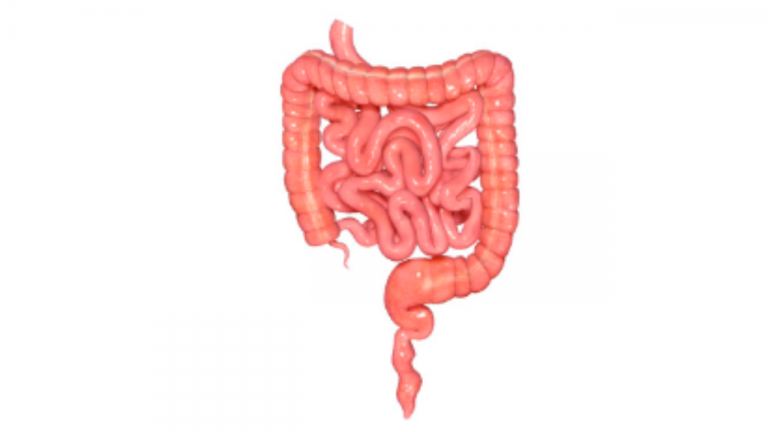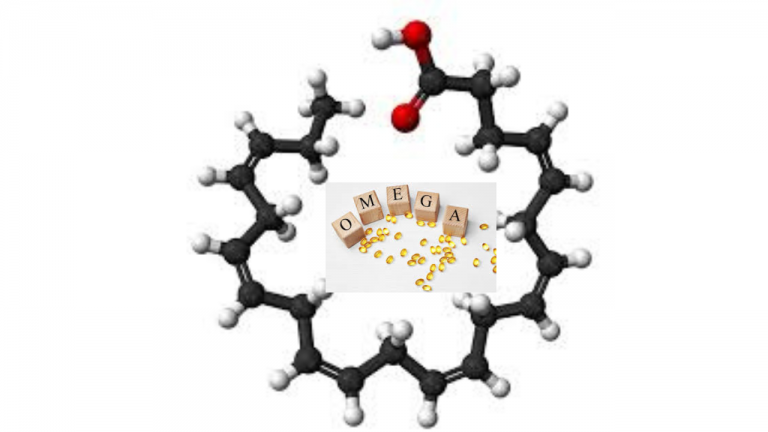Why Do We Die?

Death is an inevitable part of the natural life cycle. All living organisms, including humans, are mortal, and death is the cessation of life. There are several factors that contribute to why we eventually die:
Biological Aging: Aging is a complex and natural biological process that occurs in all living organisms. As we age, our cells, tissues, and organs undergo cumulative damage and gradual functional decline. This can lead to a decreased ability to repair and regenerate, making us more vulnerable to diseases and other health problems.
Cellular Damage: Over time, our cells accumulate damage due to various factors, including exposure to environmental toxins, radiation, and oxidative stress. This cellular damage can lead to impaired cellular function and eventually contribute to the aging process and the development of age-related diseases.
Genetic Factors: Genetic mutations can play a role in the aging process and increase the risk of certain diseases. Additionally, some individuals may have genetic conditions that predispose them to specific health issues, which can ultimately lead to premature death.
Disease and Illness: Throughout life, we are exposed to various pathogens and environmental factors that can lead to infections and diseases. While our immune system is designed to protect us, it is not infallible, and sometimes diseases can overwhelm our defenses.
Accidents and Trauma: Accidents, injuries, and trauma can result in sudden and unexpected death. While many accidents are preventable, they can still occur due to various circumstances.
Organ Failure: As we age, our organs gradually lose their function, and they may eventually fail to support the body’s vital processes. Organ failure can result from various diseases and can be a significant cause of death.
Lifestyle and Behavioral Factors: Unhealthy lifestyle choices, such as smoking, excessive alcohol consumption, poor diet, lack of exercise, and drug use, can increase the risk of various health problems and contribute to premature death.
It’s important to note that while death is an inevitable part of life, advancements in medical science and public health measures have significantly increased human life expectancy and reduced mortality rates from many diseases. By promoting healthy living, disease prevention, and access to quality healthcare, we can further improve the overall health and well-being of individuals and communities.



